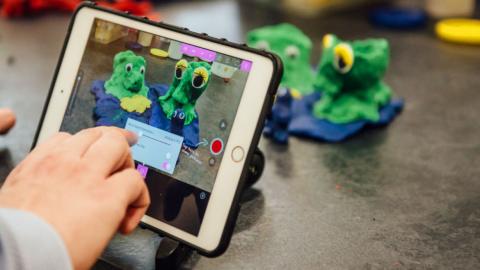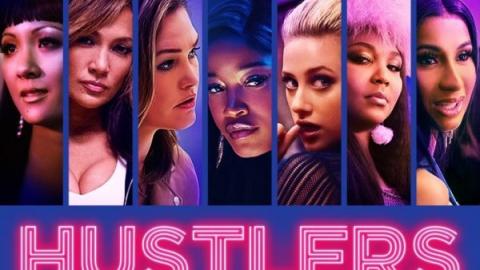The Movement for Female Representation in Films Reaches Africa
Share with friends
“There’s a renewed sense that we’ve got to be in this together. The only way it’s going to change is if we change it.”
There’s no question that female filmmakers are taking a step in the right direction, in front and behind the camera. Since the #MeToo movement, more women in film and television have been given opportunities than in years past. Does this mean the problem is solved? Not by a longshot. However, stars and producers making recent pledges to work with female directors and writers, as well as making sure their projects hire more female crews, definitely shows the power a movement can bring.
While changes are visible in the West, most go unnoticed in the rest of the world, where progress is happening, though at a slower rate. One place is sub-Saharan Africa, where women have long been ignored in the film industry. Though change is taking place.
Such change is being discussed by Themba Bhebe, who has organized a panel at the Berlinale Africa Hub (for today) to converse over efforts to generate more opportunities for African women in film.
Last fall, the Ladima Foundation started the A-list: “a database of female professionals working below the line designed to boost opportunities for African women in technical fields.”
With ideas and lists like these, there has been direct effort for change, and that change has tangible results. Kenyan director Wanuri Kahiu’s film Rafiki premiered at Cannes last year. South African director Jenna Bass’ Flatland is opening the Panorama section at Berlinale this year. Both films have women at the helm as well as showing a side to women in Africa not usually depicted in cinema, such as homosexuality, which is illegal in Kenya.
Despite these strides, it is still difficult to sell films such as these to “big buyers” as they are not seen as films that will make much money. This is a harmful belief plaguing stories about women, made by women, in every country. Studios still have a hard time believing women can make money, despite the fact women are half the population and want to see their stories told onscreen by other women. While there is much work to be done, it's great to see people caring about making an actual change, and not just talking about it.




